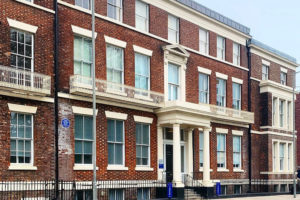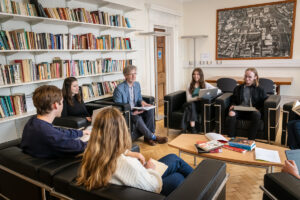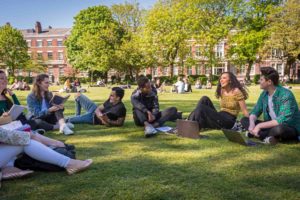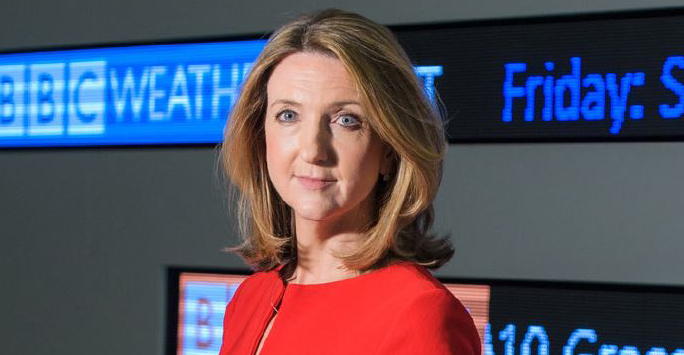About this course
The BA English degree programme gives you the flexibility to combine the study of literature and language in a balance that suits you, and offers optional modules in creative writing in the second and final years. The language modules aim to provide understanding of the historical, social and psychological factors that shape the English language used in everyday life, while the literature modules are designed to foster interpretive skills applying to a wide range of genres and historical periods.
Introduction
Through a range of entirely optional modules, you may choose to construct a programme combining English language and literature in equal measures, or to specialise in either part of the subject.
Year one introduces key skills necessary for the advanced study of literature and language, including academic writing and independent learning. You will study the historical developments of the English language and of literatures in English, alongside approaches to textual analysis and interpretation.
In your second and final years, you will have the freedom to plan the specific path that you follow through the programme. Year two focuses on the major periods of English literature and core aspects of English language study. Available modules examine the literatures of specific historical periods – such as the medieval, Victorian, or modernist – and areas of language study including child language acquisition or psycholinguistics.
In the final year, the emphasis is on specialisation within different literary genres and on the social and other contexts of English language. You will develop skills of independent research – for instance, by choosing to write a dissertation on a topic of your own design – and you will also have the option to take a work placement module that will give you workplace experience with an organisation relevant to your degree.
Each year of study is comprised entirely of optional modules, enabling you to tailor the course of your studies. In each year, you will take modules amounting to 120 credits.
Creative Writing modules are offered in years two and three.
Year in industry
This programme is available with an optional year in industry. If you choose this option, year three is spent on a paid placement within an organisation in industry, broadly defined. You will be supported by the School of the Arts and the Department throughout, and your reflexive written account of the experience will contribute towards your final degree result. If you wish to study this programme with a year in industry, please put the option code ‘YI’ in the ‘further choices’ section of your UCAS application form.
Brian Nellist English Attainment Scholarships
We are pleased to offer two attainment scholarships per year to undergraduate students from the UK. The scholarships will cover the entire UK tuition fee for both years two and three (currently £9,250 per annum). Awards will be made by the department at the end of year one, based on performance.










